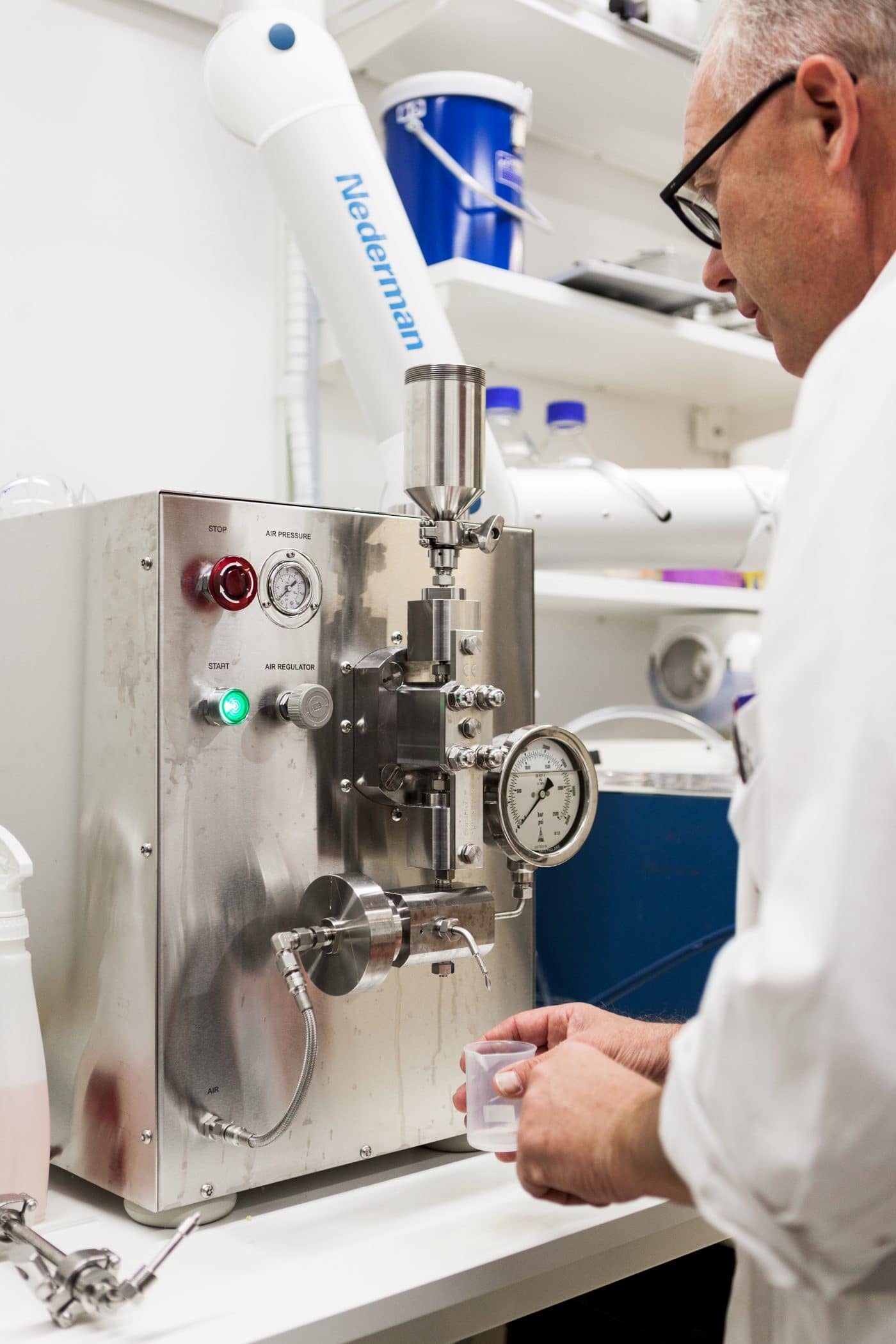Sharing knowledge and setting up collaborations in the next phase of SciLifeLab’s COVID-19 program
Launched through an open call for proposals, the national COVID-19 program at SciLifeLab brings together researchers across disciplines, institutions and universities in a total of 67 projects within nine research areas. Now, the program moves into its next phase – setting up collaborations, sharing knowledge and data and establishing connections both within and outside of the program, to create a collaborative environment for COVID-19 research.
The national COVID-19 program, funded by Knut and Alice Wallenberg Foundation with a total of 50 MSEK, was launched through an open call for proposals at the end of May. After defining the program’s nine research areas, all areas have been appointed coordinators and scientific leads. Now, the program moves forward to create a collaborative research environment, for addressing a number of questions on COVID-19.
Building a basis for collaborations across the program
The research areas have now defined aims for their respective efforts and built a basis for collaborations; establishing principals for e.g. data sharing and open access and identifying which resources are available and possible to share between projects.
External connections – with e.g. the Public Health Agency of Sweden – have been made, as well as internal – setting up communications, sharing of knowledge and collaborations within and across the research areas. For instance, several projects’ principal investigators who had not been in contact before, have now met and initiated new collaborations.
“We’re usually in separate research groups, with different focus areas and specialisations, which means we contribute with different things to this project. To get all of these pieces together has been a challenge. Usually, the process of your research is optimised for your own study, but now, all research groups have to come together and work in a way that it’s optimised for this entire project. It has been difficult, setting up the logistics of workloads and infrastructure, but we’re putting the jigsaw pieces together – developing new ways for us to work”, says Juni Andréll (Stockholm University), manager of the Eukaryotic Protein Production (EPP) cell lab, which is a newly-started technology development project at SciLifeLab.
In collaboration with SciLifeLab Fellow Simon Elsässer’s lab (Karolinska Institutet), the Protein Science Unit (SciLifeLab/Karolinska Institutet) and the Protein Expression and Characterization unit (Drug Discovery and Development Platform, SciLifeLab), Juni Andréll is producing SARS-Cov-2 antigens in human HEK293 cells for the national COVID-19 program’s research area High-throughput and high-content serology.
Working together to generate new knowledge
Further, the program’s researchers have been able to utilize a number of tools for collaborative work and data sharing provided by SciLifeLab’s Data Centre – which also launched a national data portal connected to the European COVID-19 data portal in early June, to provide support and display of COVID-19 related data.
“Now that summer is here, it is important to remember that the COVID-19 pandemic is far from over. I am so glad and proud to see all these excellent scientists work together to generate new knowledge and fight a disease that we still know far too little about”, says Siv Andersson (Uppsala University), Co-Director of SciLifeLab and Director of the national COVID-19 program.







